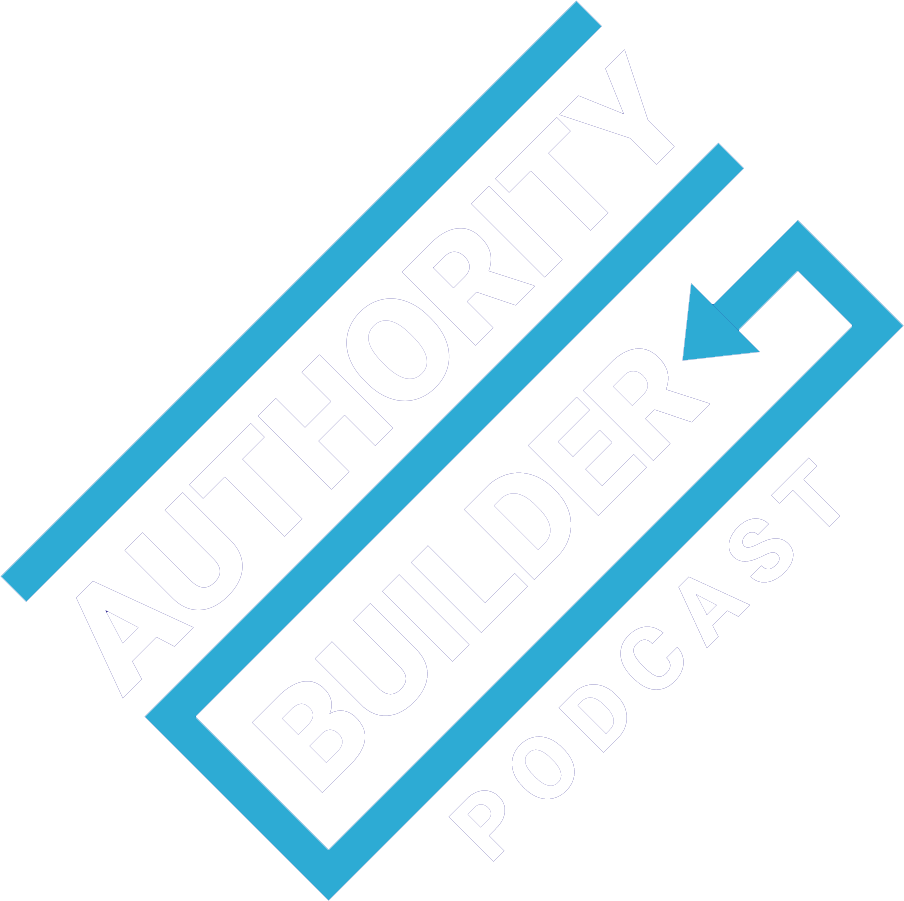In the past several months, we’ve all experienced traumatic upheaval in healthcare, society, culture, politics, the economy… This isn’t the first time in history something like this has happened. And people face their own personal crises – large and small – all the time.
But we can’t let fear rule our lives in a time of change and turmoil.
How we react to change – not the change itself – is what creates the outcome. What we must do is refocus and make a plan to move forward.
It might seem easier said than done, but there are ways to face fear head on, lessen its impact, and move past it. Tune in for details on the mindset you must adopt to overcome fear, as well as…
- Why other people are key to overcoming fear
- A 30-minute writing exercise that can help you solve any problem
- The best way to deal with negativity
- The 3 Cs of turning fear into opportunity
- And more
Listen now…


